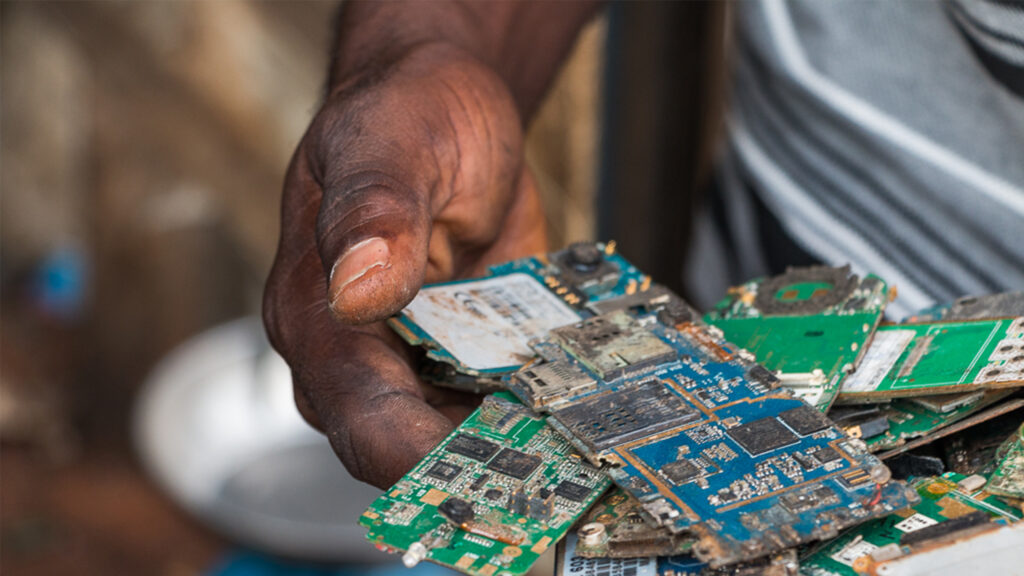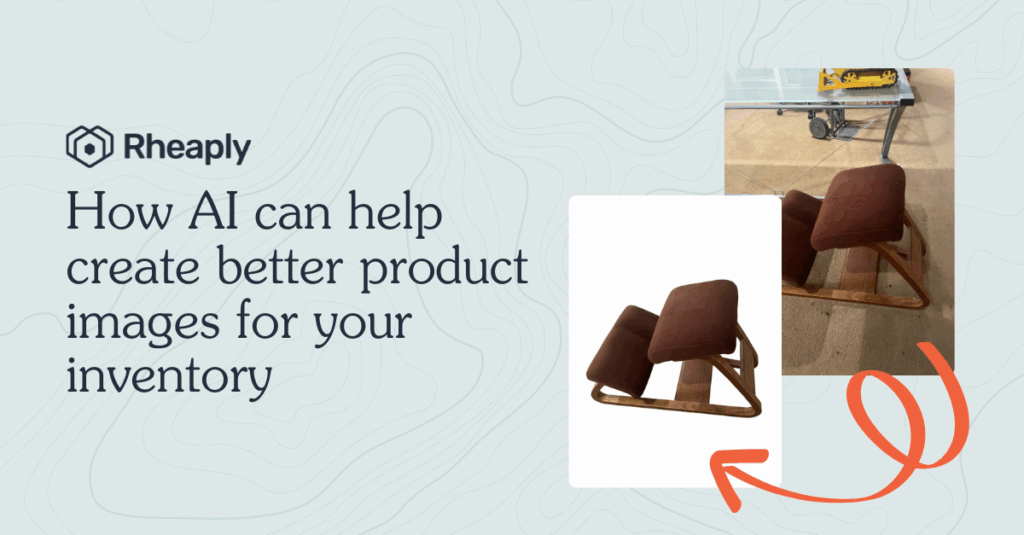Circularity can often seem like a daunting concept for businesses to implement.
The idea of transforming existing processes and allocating budget to new initiatives creates significant barriers, preventing companies from getting started.
Implementing circularity in tech especially, involves rethinking and redesigning business models, appealing to your target market’s interests.
Why start with electronic waste circularity now?
Today’s consumers are increasingly informed on sustainable practices, actively seeking products and services from companies that demonstrate innovative, proactive, circular practices, in line with their values. Corporate responsibility is quite often a determining factor for consumers. As the demand for more circular practices grows, so does the pressure for businesses to be prepared to meet their audiences’ expectations. Businesses play a crucial role in the climate and energy transition, leading the change to align with the evolving values of their customers. In the case of IT, electronic waste is a growing concern. The pace of production & consumption overtakes the speed of collection & recycling, leading to mountains of waste in developing countries.
According to Unitar’s 2024 e-waste monitor, by 2022 the world generated 63 billion kg of e-waste, or an average of 7.8 kg per capita. Only 22.3 percent (13.8 billion kg) of the e-waste generated was documented as properly collected and recycled.
This growing challenge also represents an opportunity for the Tech Industry to pioneer innovative circular business models.
Circular business models not only improve overall brand reputation, they can also be a driving force for customer loyalty and advocacy. Enhancing your processes with circular programs creates a competitive advantage in an evolving market, enabling businesses to address environmental and social challenges while benefiting commercially, and staying ahead in a competitive landscape.
Challenges with adopting circularity:
This shift can be complex, requiring changes in processes, supply chains, and even corporate culture. Additionally, the upfront investment needed for circular initiatives can be a deterrent for many businesses. These factors combined can make the concept of circularity seem overwhelming and unattainable. However, there are ways to adopt circular practices without overhauling your business’s entire ecosystem.
One for One & Circular Solutions
One of the simplest methods of implementing circularity into your business is the One for One initiative by Closing the Loop. It reduces e-waste that ends up in landfills, ensuring both valuable raw materials are not wasted and electronic devices are responsibly recycled. This service streamlines the process of contributing to a circular economy, making it easier for companies to participate without extensive changes to their operations or interactions with their clients.
E-waste can be E-asy
While the transition to circularity may appear challenging, it doesn’t have to be an all-or-nothing approach. Starting with pragmatic, manageable initiatives can make a significant difference. So how can you get started?
Introducing One for One: This service integrates circular practices into businesses without causing major disruptions. The business can continue to offer their services or procure IT devices in the same way they do today, the only change is that One for One is added to the transaction.
How does it work?: One for One ensures that for one new device introduced to the market, a scrap phone is collected and recycled from regions where proper recycling is not possible.
Benefits of the One for One initiative:
- Reduce electronic waste: One for One helps minimize the accumulation of electronic waste sent to landfills.
- Recycling of raw materials: Recycled devices give new life to precious raw materials such as gold, silver, copper, and palladium.
- Supports job creation: We support employment in both the informal and formal sectors throughout our local operations in for example Ghana and Nigeria.




Vodafone Germany’s circularity success story
One for One stands out as one of the telecommunications industry’s most successful mobile phone recycling programs, in part due to its collaboration with Vodafone Germany. Since 2022, Vodafone Germany has pledged that for one consumer phone sold through their direct channel, Closing the Loop will collect and responsibly recycle a scrap phone from regions where proper recycling is not possible. This partnership has already resulted in the collection and future recycling of over 1.5 million phones from Ghana alone.

Circularity Starts with Business: Leading the Change is Imperative
As consumer values evolve , businesses must take the lead in embracing sustainability. With today’s consumers becoming more informed and discerning, they actively pursue products and services from companies that are resolutely committed to addressing environmental and social challenges.
Businesses that proactively adopt sustainable practices secure their long-term viability and contribute to a more sustainable, circular, and equitable future for all.
By driving positive change in their operations and supply chains, businesses create significant impacts that extend beyond financial success to encompass social and environmental well-being. This proactive approach can significantly boost brand loyalty, as consumers are more likely to support and trust companies that reflect their values.
With a service like One for One, businesses create a positive impact while adding value for their customers.
Seizing The Benefits of a Circular Model
Enhancing brand reputation and generating positive sentiment while making a tangible difference for people and the planet underscore the importance of sustainability.
By adopting circular services like One for One, businesses demonstrate their commitment to environmental stewardship, strengthening their brand and fostering deeper connections with their audience.
Immediate action allows businesses to capitalize on emerging market trends, improve brand reputation, and enhance customer loyalty and operational efficiencies. Early adopters of circular practices can influence industry standards and set benchmarks, shaping the market in their favor.
Waiting for the perfect moment can lead to missed opportunities and lost competitive advantage.
Delaying action risks falling behind as regulations tighten and competitors advance, making it harder to catch up. Starting the journey towards sustainability, ensures businesses stay relevant, competitive, and ahead of the curve. Proactive strategies are essential for long-term success by not only securing a competitive edge, but also safeguarding against future challenges.

